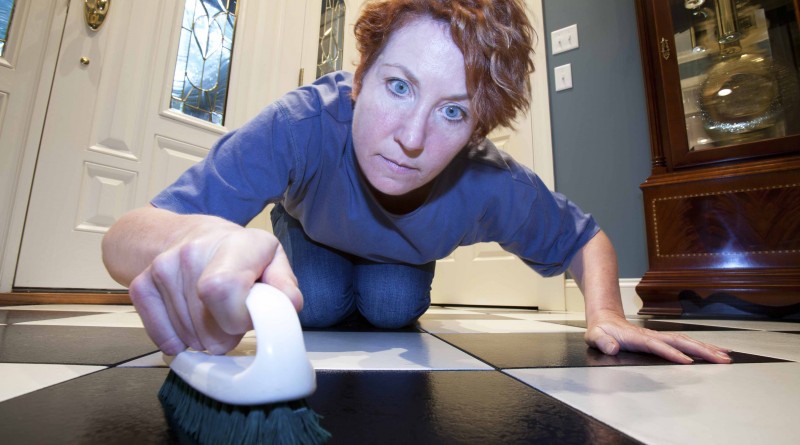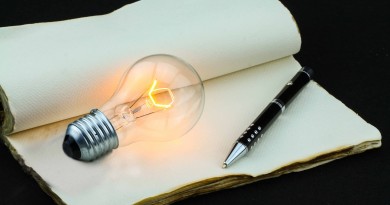“I have OCD.” But do you really have it?
A lot of people make joke about this disease, but some have no idea how much suffer with OCD.
We have the habit of saying that we suffer from obsessive-compulsive disorder (OCD) when we turn off a light twice or when we lock the car that is already locked. But do we know, for sure, what is it? Do we know what the people who are diagnosed with this problem can go through? To break myths and alert, we explain everything about this perturbation.
To tell the truth, once in a while, everybody reinforces certainties: like If that door is really closed or if the stove is turned off. Having an obsessive-compulsive disorder is another story – and a lot more dramatic. OCD is acronym of obsessive compulsive disorder, this disorder affects about 1% of the world’s population and is a mental disorder which forces – literally, force – people to assume a certain behavior without the possibility or will to be able to avoid.
For instance: people who have a particular phobia with dirt or germs, have a strange compulsion to constantly wash themselves; people with fears related to social contexts can get stuck in front of a mirror, correcting every little hair, face or clothes failure; people who fear being robbed may develop a compulsion to check infinite times if the doors and windows are locked. Typically, obsessions are related phobias, providing temporary relief, although there are OCD patients for issues related to pleasure.
David Adam, Chief Editor of the journal Nature, wrote a book about this problem as he has this disorder. The man who couldn’t stop It is a breathless and staggering report on the fear of contracting AIDS, felt over the years by the author, what made him try everything not to cut yourself and not to come into contact with blood. Habits become such obsessive that came to cost him friendships, beyond the countless embarrassing situations he found himself placed.
Now, when you start any strange behavior, you know that you don’t have OCD. It’s just a craze.







